 Wednesday, October 27, 2021 |
Wednesday, October 27, 2021 |  Hugh Locke
Hugh Locke Gang Realities in Haiti
 “Ayiti Mêlée 2021?” by Thony Loui
“Ayiti Mêlée 2021?” by Thony Loui
While gangs have been an inescapable feature of life in Haiti for decades, they now control major swaths of the urban landscape. To most outsiders these gangs seem to be a force unto themselves, rising up as a reprobate evil to prey upon an unsuspecting population. Bad as that would be, this is not the case in Haiti.
In describing the following, it is important to note that the majority of police officers, politicians and business people here are dedicated to their country and conduct their lives based on principles that are beyond reproach. It is equally true, however, that the actions of a minority are wreaking havoc on the rest of the population.
The reality in Haiti is that rather than being an external force, criminal street gangs are completely embedded in the political, business and security sectors within Haitian society.
The UN Office for the Coordination of Humanitarian Affairs estimates there are some 95 separate gangs now operating in the capital of Port-au-Prince. Included among their ranks are currently serving members of the police force, some of whom take part in gang activities while wearing their uniforms. And the gangs’ activities are very often paid for and directed by various political and business figures who use gangs as proxy combatants to further their own ends and to exact revenge or gain strategic advantage over opponents or competitors. These sponsors also supply the gangs with weapons and ammunition brought illegally into the country.
The police in Haiti, it should be pointed out, are poorly paid and lack modern equipment. Often the officers go for long periods without receiving salaries for their regular jobs, overtime and special assignments, putting enormous pressure on them and their families. They have long been promised social benefits and decent working conditions, but these go unfulfilled. Benefits that have yet to show up on a consistent and equitable basis include medical and life insurance programs, while promised housing and credit programs have never made an appearance. When it comes to working conditions, many police stations have no power or running water and would barely qualify as a functioning station in any other country. While not excusing those who join gangs, this situation does make them particularly vulnerable.
There are others within Haitian society who are complicit in gang activities. For example, there is a long tradition of paying locals to take part in protests, roadblocks and tire burning. And then there are the families of gang members who house and feed kidnap victims, and the neighbors who keep silent about what they know is going on next door. Street vendors and businesses often pay protection money and government officials are known to look the other way for fear of retribution.
The goal here is not to paint everyone with the same condemning brush, but to explain that the majority of gangs exist at the center of an extensive web of sponsors, allies and unwitting agents. Disrupt that web and the gangs would not exist or at the very least they would lose their stronghold of power.
It is also important to explain that gangland in Haiti goes through seasons. There are long drought periods when the gangs are not able to operate openly and are completely dependent on their public and private sector sponsors as well as illicit trafficking in drugs or contraband. During these periods kidnapping is often on a contract basis and undertaken on instructions from a sponsor. Then there are times when the gangs can operate more freely for various reasons, and income from random kidnappings and extortion makes them less dependent on sponsors.
We are in a new season at present, with gangs having emerged in many areas as de facto local authorities, often using stolen medical and food supplies to distribute in their neighborhoods. Many are operating openly and even holding press conferences in total defiance of any governmental or police authorities. This is also the season when their previous benefactors are losing control of the very gangs they helped to create.
The latest chapter now being written has gangs blocking or capturing fuel trucks leaving the ports to supply a nation completely dependent on imported gasoline and diesel. There are daily reports of hospitals beginning to close down, schools having to send students home, cellphone and internet services being disrupted, businesses closing down—all because they run for much of the time on generators that require fuel.
When a country enters a crisis state as has happened in Haiti, what starts as criminal street gang activity can sometimes morph into an insurgence that can, in turn, form the basis for a proto-state phenomenon. This is the term applied when a politically motivated militant group begins to function as an unelected administrative unit within a territory that has begun to lose institutional cohesion. This can often lead to the takeover, for better or worse, of the national reins of power.
However, this is most definitely not going to happen in Haiti. The gangs here do not appear to have any coherent political agenda. It is all about the needs of their sponsors for power and money, not trying to further a new vision for the country. And when freed from their sponsors, the gangs are following the same agenda for their own ends.
We do not pretend to have the answer. We would, however, like to make a few observations.
First, a very practical step that could be taken with the strategic and coordinated support of donor governments like the U.S. and Canada would be to immediately fund a major expansion and improvement of the Haitian National Police (known by the French acronym, PNH). Raising the pay for all officers and staff across the board, paying all back salaries that are due, training a significant number of new recruits to at least double the current force, and providing updated equipment. It won’t fix everything, but this would certainly be a major step in the right direction.
Our second observation is clearly within the SFA’s sphere of operation, namely that strengthening the rural agricultural economy is key to getting the country back on track in terms of the economy. That translates to increased tax revenue for the Government of Haiti, which in turn translates to being able to support an improved and expanded PNH.
A third and related observation is that now is the time to look seriously at a process of decentralization in order to give more support to the equivalent of municipal and regional governments. This will also engage more of the country in reshaping its own destiny, not to mention that gang activity has long been concentrated in Port-au-Prince. It is not as though there are no gangs elsewhere, but they have never been able to establish and maintain a permanent rural foothold on an ongoing basis.
Understanding the reality of gangs in Haiti is essential. To work for a better Haiti you need to be able to navigate the political, business and security landscape into which the gangs are embedded. It is unquestionably challenging, but seeing steady progress in crop yields, income and tree planting on the part of our roughly six thousand farmer members is what keeps us going.
---------------------------------------
Hugh Locke, President, SFA
Timote Georges, Executive Director, SFA
---------------------------------------



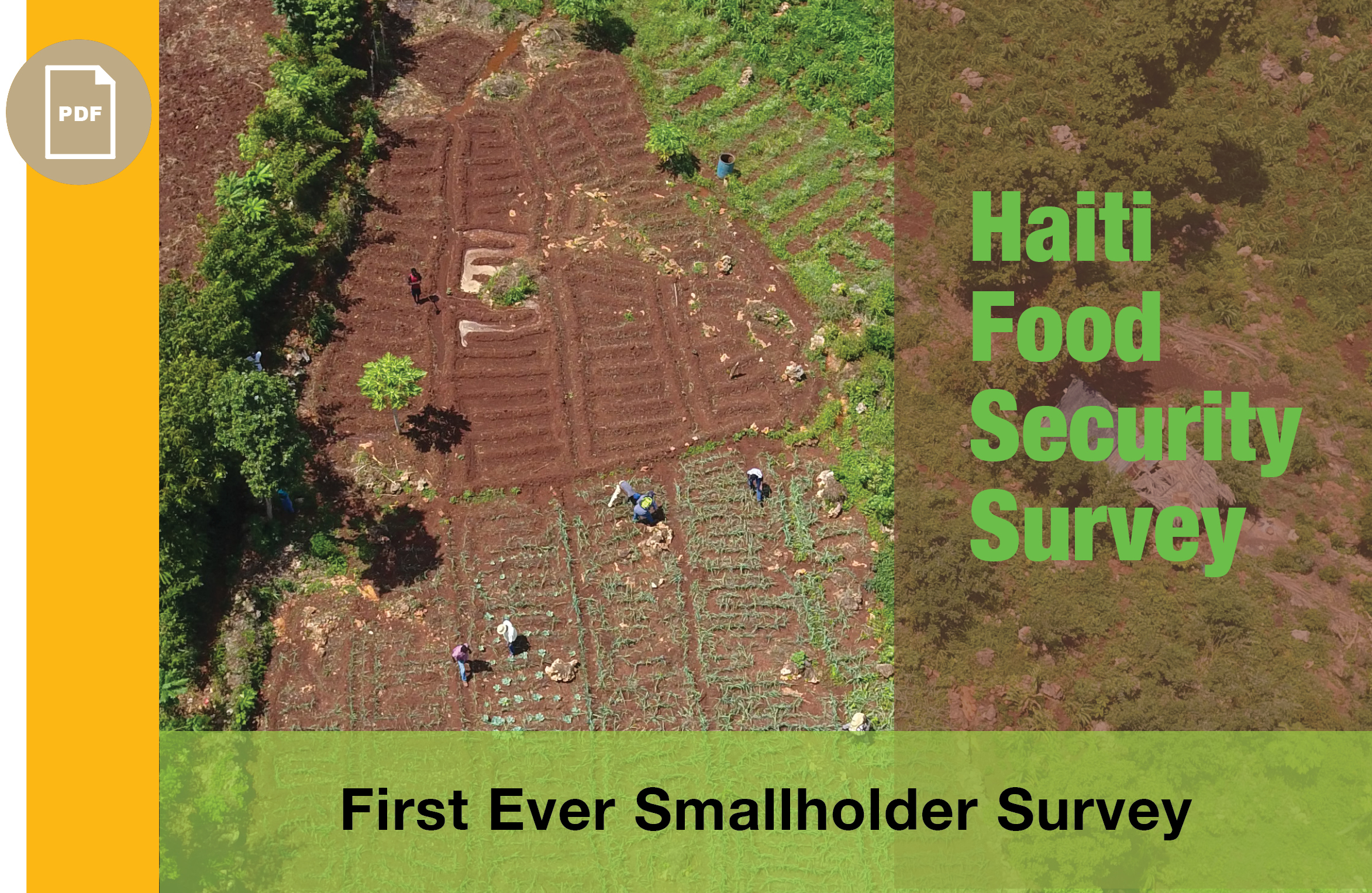
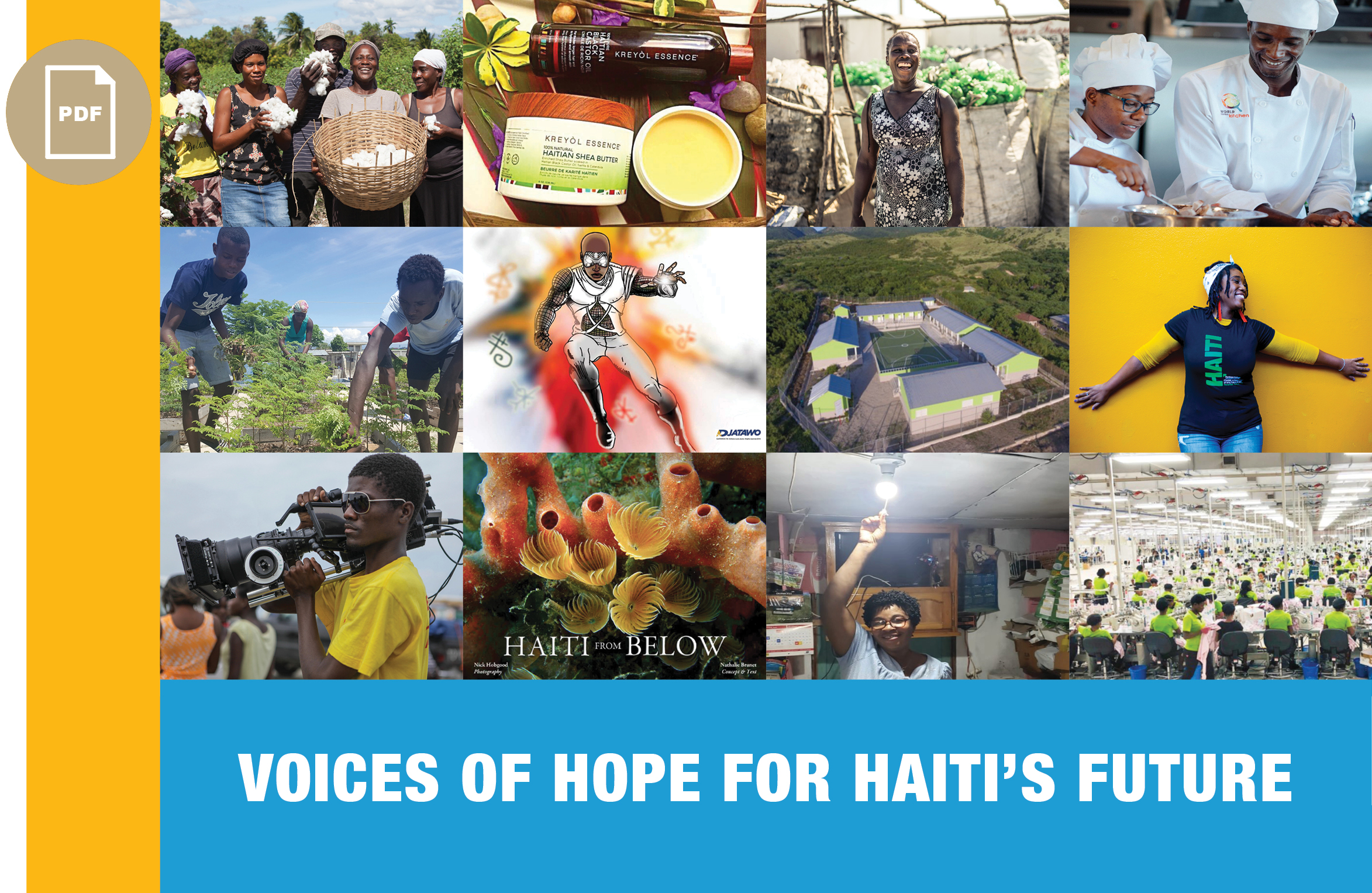

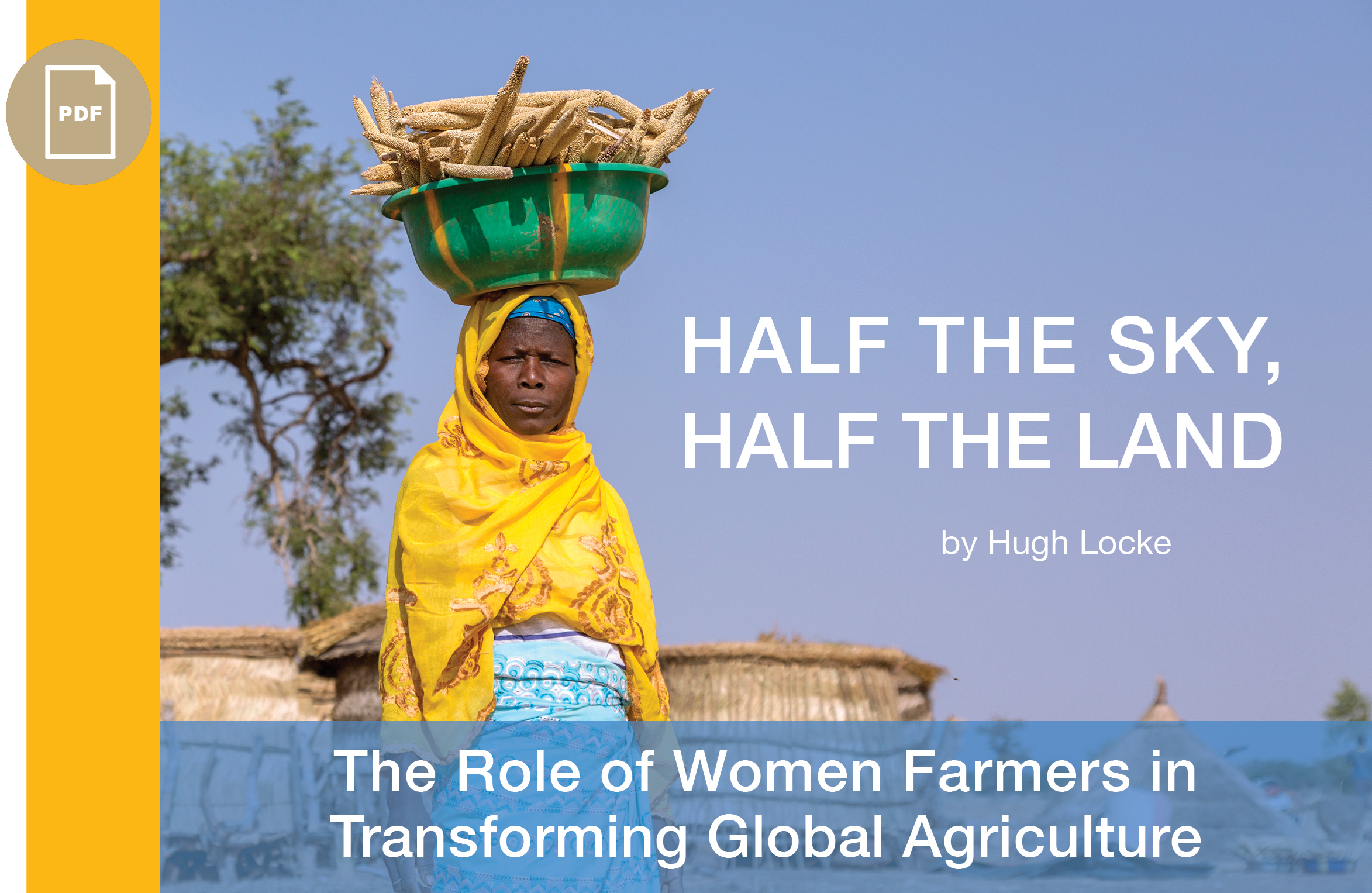
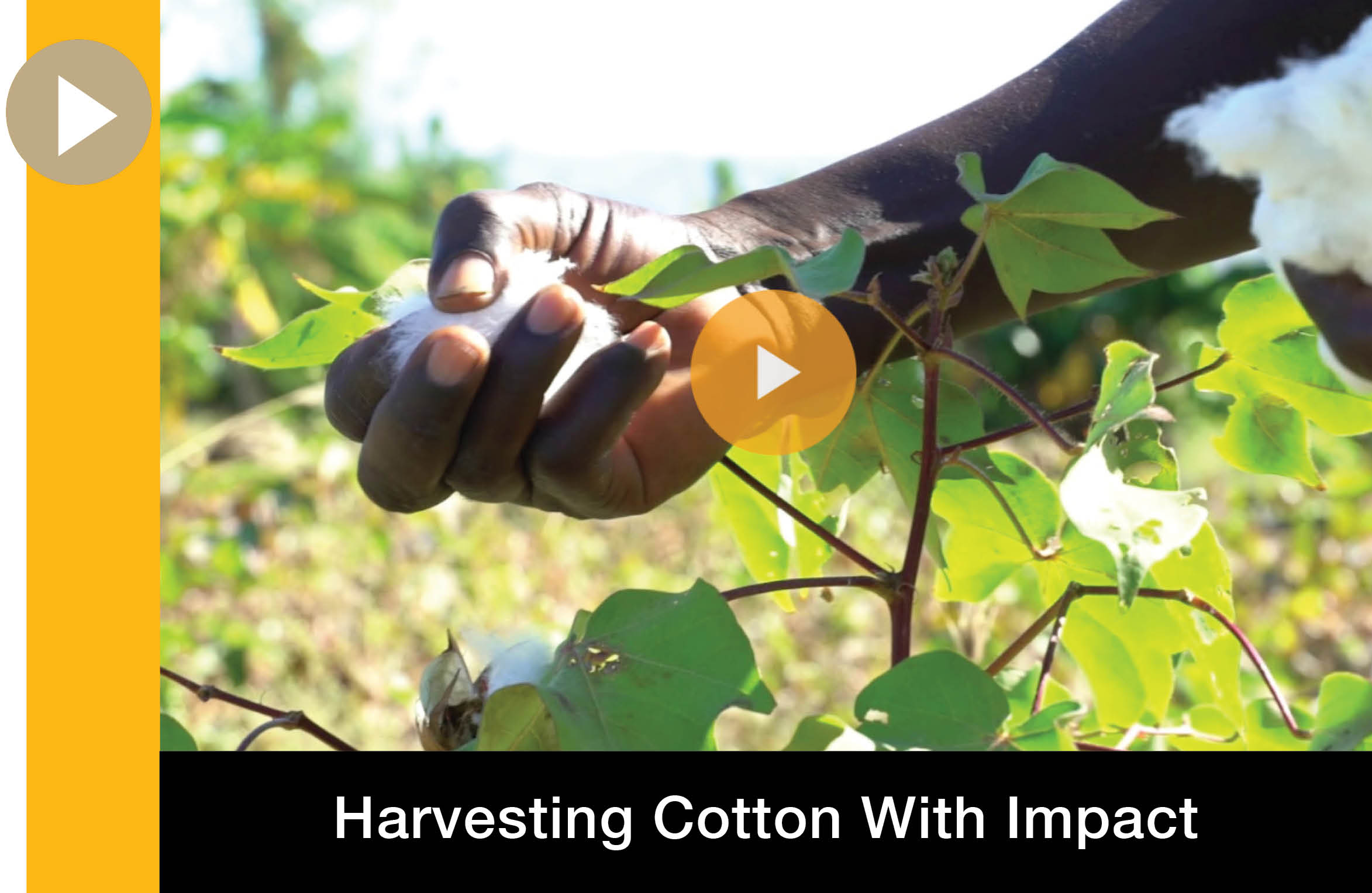


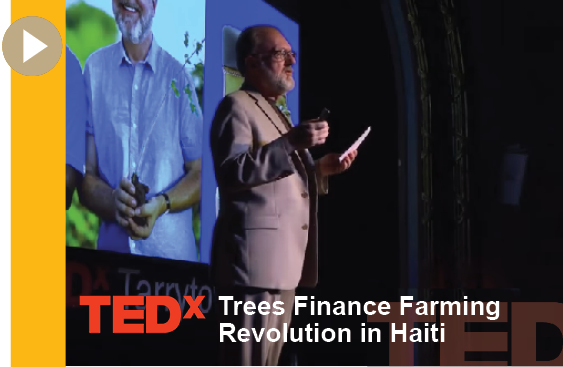

Reader Comments